1. Why are more and more people in Middle East countries and Indian Subcontinent nowadays choosing to study real Islam and Quran?
There is a growing interest in understanding authentic Islamic teachings in order to counter misconceptions and stereotypes perpetuated by the media and to connect with the roots of the religion.
2. What attracts individuals from these regions to study the Holy Quran?
3. How does studying the Holy Quran contribute to a more peaceful and happy life?
The Quran offers comprehensive guidance for individuals on how to lead a balanced, righteous, and happy life by promoting virtues such as patience, compassion, forgiveness, and gratitude.
4. Are there specific cultural and ethnic aspects in the Middle East and Indian Subcontinent that align with truly peaceful Islam?
Yes, Middle Eastern and Indian Subcontinent cultures often emphasize values such as hospitality, respect for elders, community cohesion, and the importance of family, which resonate with the principles of peace and harmony promoted in Islam.
5. How does the Quran address social problems faced by local nations in the Middle East and Indian Subcontinent?
6. How can studying the Holy Quran provide solutions for economic challenges in the region?
The Quran promotes ethical business practices, discourages hoarding wealth, and emphasizes the importance of charitable giving, which can foster economic equity and social cohesion.
7. Can the Holy Quran help preserve cultural heritage in the Middle East and Indian Subcontinent?
Yes, the Quran values cultural diversity and encourages preserving local customs and traditions that align with Islam's principles while rejecting harmful practices that may have crept into the society over time.
8. How does the Quran address personal development, mental health, and well-being?
The Quran emphasizes self-reflection, mindfulness, and
seeking knowledge, which can contribute to personal growth, resilience, and improved mental well-being.
9. What environmental challenges can be addressed through the teachings of the Holy Quran?
The Quran promotes stewardship and respect for the environment, including responsible resource utilization, conservation, and sustainable practices, which can help tackle issues like pollution, deforestation, and water scarcity.
10. In what ways can the Quran promote interfaith dialogue and harmony in diverse societies?
The Quran encourages Muslims to engage in respectful dialogue with people of other faiths and recognizes the shared values and common humanity among individuals,
fostering peaceful coexistence.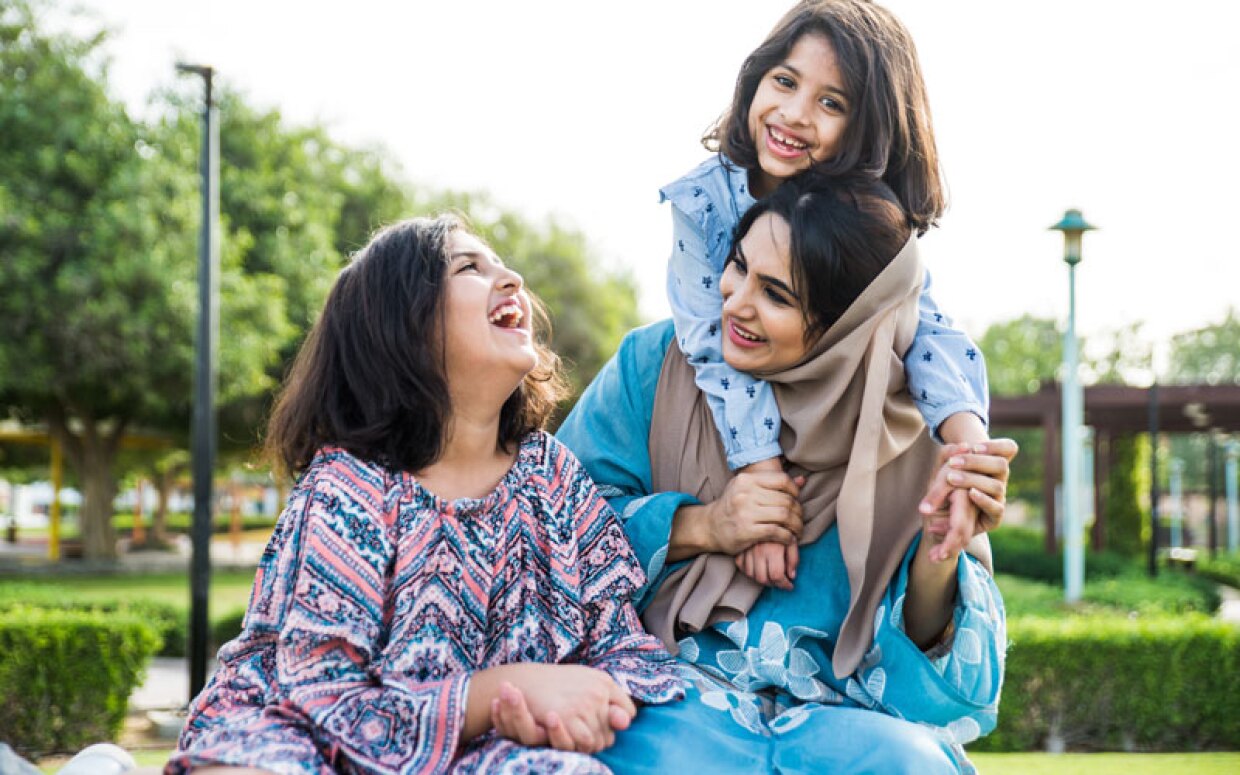
The Quran upholds gender equality, grants women rights, and emphasizes their roles
11. How can the Quran inspire innovative solutions to technological advancements in these regions?
The ethical principles outlined in the Quran can guide Muslims in utilizing technology responsibly and ethically, ensuring it does not undermine societal values or perpetuate harmful practices.
12. What role can the Quran play in empowering women in the Middle East and Indian Subcontinent?
The Quran upholds gender equality, grants women rights, and emphasizes their roles as educators, professionals, and leaders in society, providing a foundation for positive change and empowerment.
13. How can the Quran contribute to combating extremism and radicalization in these regions?
By studying the true teachings of Islam through the Quran, individuals can gain a deeper understanding of its peaceful message, countering extremist ideologies and promoting religious tolerance.
14. How can the values disseminated through studying the Quran positively impact governance in the Middle East and Indian Subcontinent?
The Quran encourages just and accountable governance, establishing ethical principles for leaders, promoting good governance, and fostering transparency and accountability in public affairs.
15. How can studying the Quran help bridge the gap between generations in these regions?
The Quran provides timeless wisdom that can serve as a common ground for intergenerational dialogue, fostering mutual understanding, respect, and harmony within families and communities.
16. Are there specific teachings within the Quran that emphasize the importance of education?
Yes, the Quranic emphasis on seeking knowledge encourages individuals to pursue education, research, and intellectual development, leading to personal growth and societal progress.
17. How can the Quran contribute to resolving conflicts and fostering peace among communities and nations?
The Quran advocates for peaceful resolution of conflicts through dialogue, reconciliation, and forgiveness, promoting mutual respect, justice, and harmony among individuals and societies.
18. What environmental values can be derived from the Quran to address climate change in the Middle East and Indian Subcontinent?
The Quran highlights humanity's responsibility as stewards of the Earth, urging conservation,
sustainable resource use, and protection of the environment, making it relevant to combatting climate change.
19. Can the Quran guide individuals towards financial stability in volatile economic circumstances?
The Quran provides principles for responsible financial practices, discouraging excessive debt, promoting fair trade, and emphasizing personal responsibility, which can contribute to financial stability.
20. How can the Quran support individuals dealing with personal challenges, such as addiction or mental health issues?
The Quran offers solace, hope, and guidance, encouraging individuals to
seek support, exercise self-discipline, and rely on their faith to overcome personal challenges, promoting overall well-being.
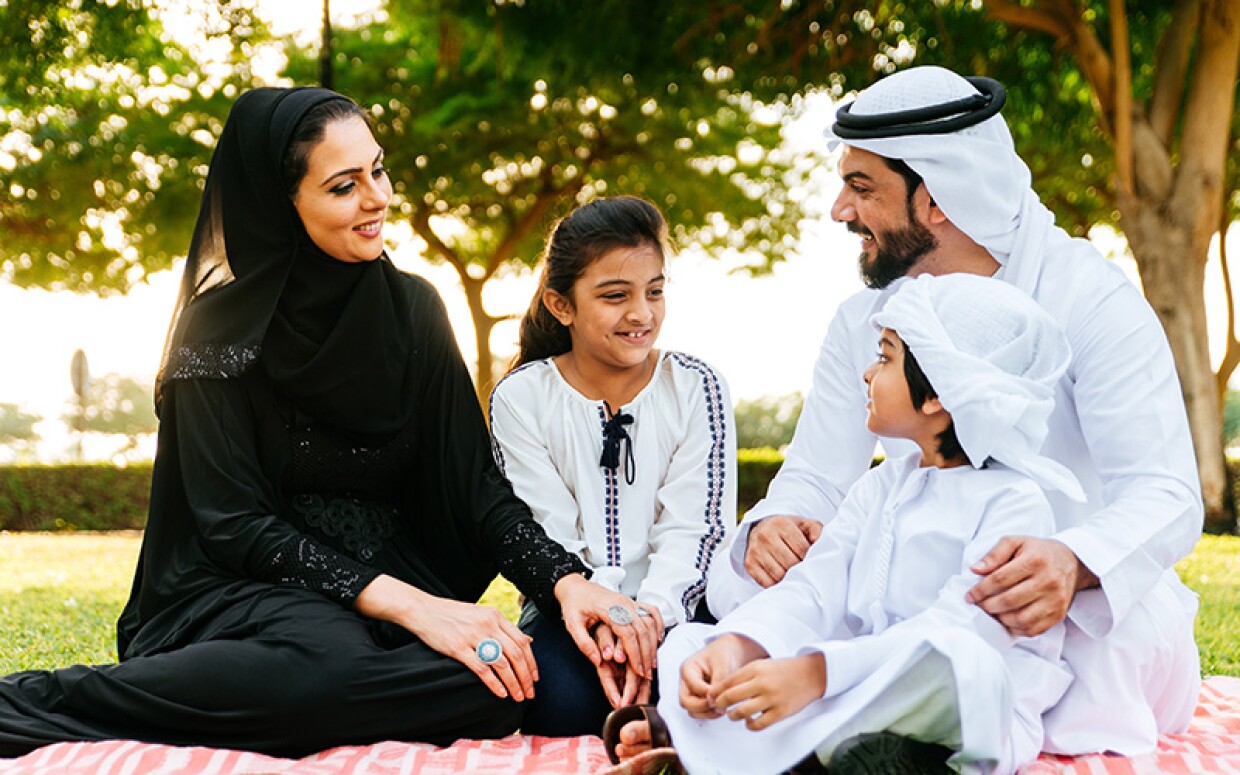
The Quran's poetic language and literary richness can serve as a source of inspiration for artists
21. How can the Quran inspire artistic and cultural creativity in these regions?
The Quran's poetic language and literary richness can serve as a source of inspiration for artists, writers, and performers, fostering cultural creativity rooted in Islamic values.
22. How does the Quran promote inclusivity and respect for diversity in societies?
The Quran recognizes and affirms
the diversity of humanity, discourages discrimination, and encourages equal treatment and respect for individuals regardless of their race, nationality, or social status.
23. Can studying the Quran contribute to enhancing critical thinking skills?
Yes, the Quran encourages reflection, analysis, and discernment, thereby fostering critical thinking skills, logical reasoning, and intellectual development.
24. How can the Quran guide individuals to prioritize family values and strengthen family bonds?
The Quran emphasizes the importance of cherishing family relationships, mutual respect, and providing care and support to family members, promoting familial harmony and stability.
25. How can the Quran contribute to promoting ethics and integrity in various professions?
The Quran emphasizes honesty, transparency, and moral values, instilling a strong sense of integrity that can positively influence individuals' professional conduct and ethics.
26. Can the Quran contribute to the advancement of medical and healthcare practices in the region?
The Quran encourages
seeking medical knowledge, affirms the value of preserving life, and promotes the ethical treatment of patients, thus supporting the development of healthcare practices.
27. How can studying the Quran contribute to empowerment and agency among youth in the Middle East and Indian Subcontinent?
The Quran recognizes the potential of youth, encourages their active participation in society, and provides them with a sense of purpose, empowerment, and responsibility.
28. How can the Quran contribute to building resilient communities in the face of natural disasters?
The Quran promotes solidarity, charity, and mutual support, urging individuals to help those affected by disasters and to take proactive measures to protect and prepare their communities.
29. Can the Quran offer guidance on managing personal finances and avoiding economic exploitation?
The Quran provides principles for just economic transactions, responsible wealth management, and disapproval of exploitative practices, encouraging financial integrity and fair trade.
30. How can the Quran inspire individuals to contribute to the betterment of society through acts of charity and community service?
The Quran highlights
the importance of helping those in need, promoting charitable acts, volunteering, and active community engagement, creating a sense of social responsibility and collective well-being.
Dear Visitor; Please take a look at the list of 50 most visited websites in the world wide web: YouTube, Facebook, google, translate, gmail, weather, amazon, Instagram, cricbuzz, Hotmail, wordle, satta king, twitter, yahoo, yandex, sarkari result, Netflix, google maps, yahoo mail, roblox, whatsapp, NBA, BBC news, outlook, pinterest, flipkart, eBay, omegle, live score, tiktok, canva, ipl, premier league, hava durumu, ibomma, walmart, twitch, ikea, shein, linkedin, home depot, e devlet, lottery, snaptik, cricket, serie a, nfl, spotify, fox news, amazon prime; There is no book publishing related or project management website in this list. We are working hard to bring these important issues to the center of concentration of societies. Please introduce us via social media, share our website with others and help us to make our world a better place to live. Best Regards.




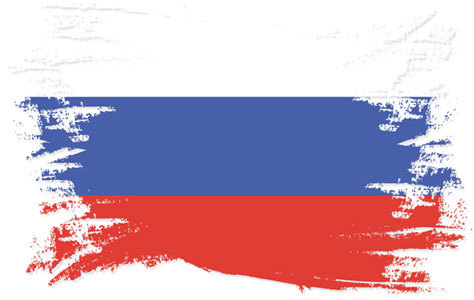

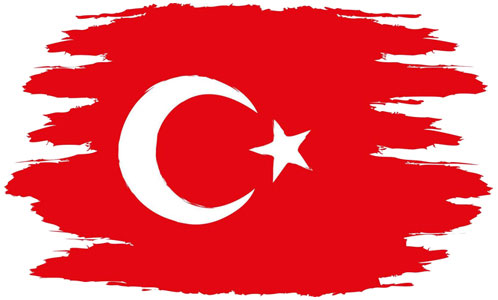

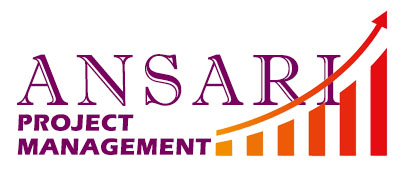


Write your review